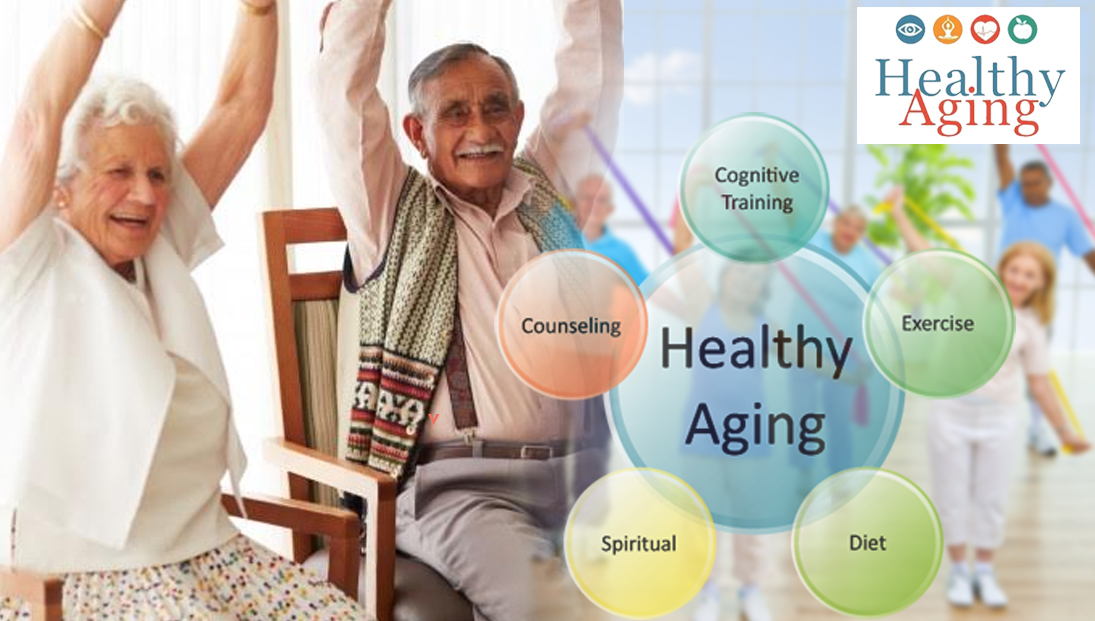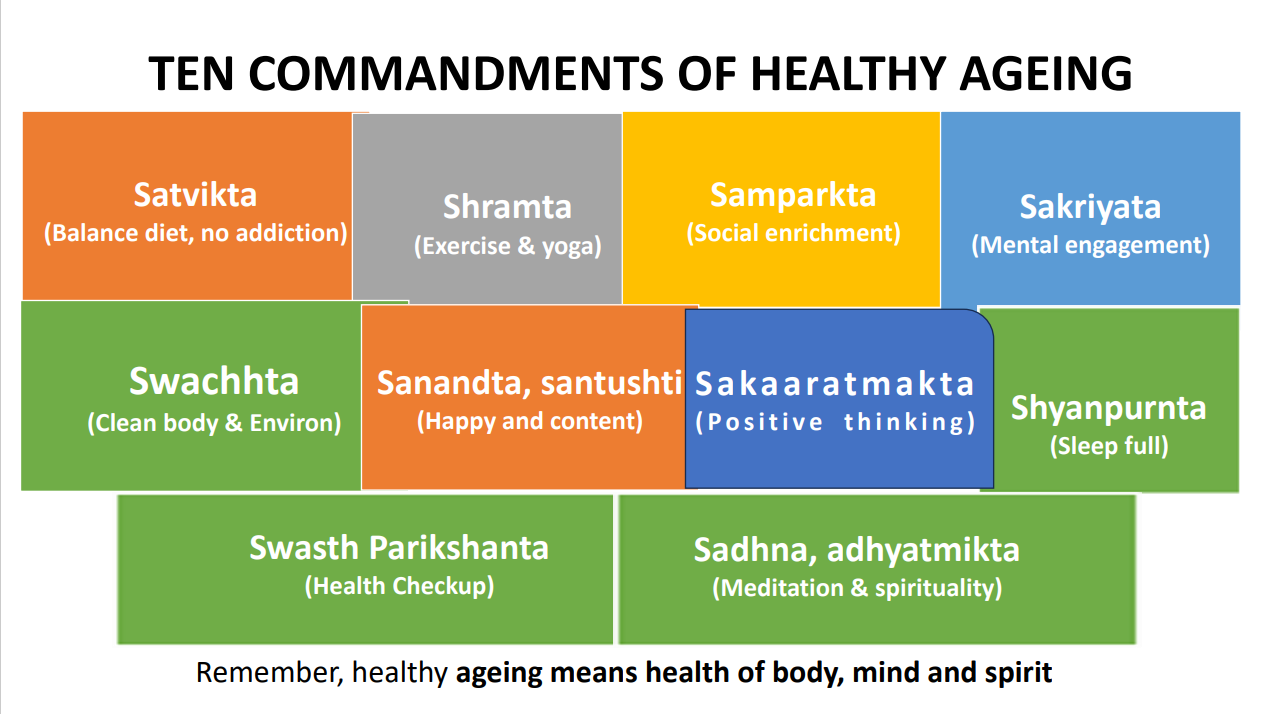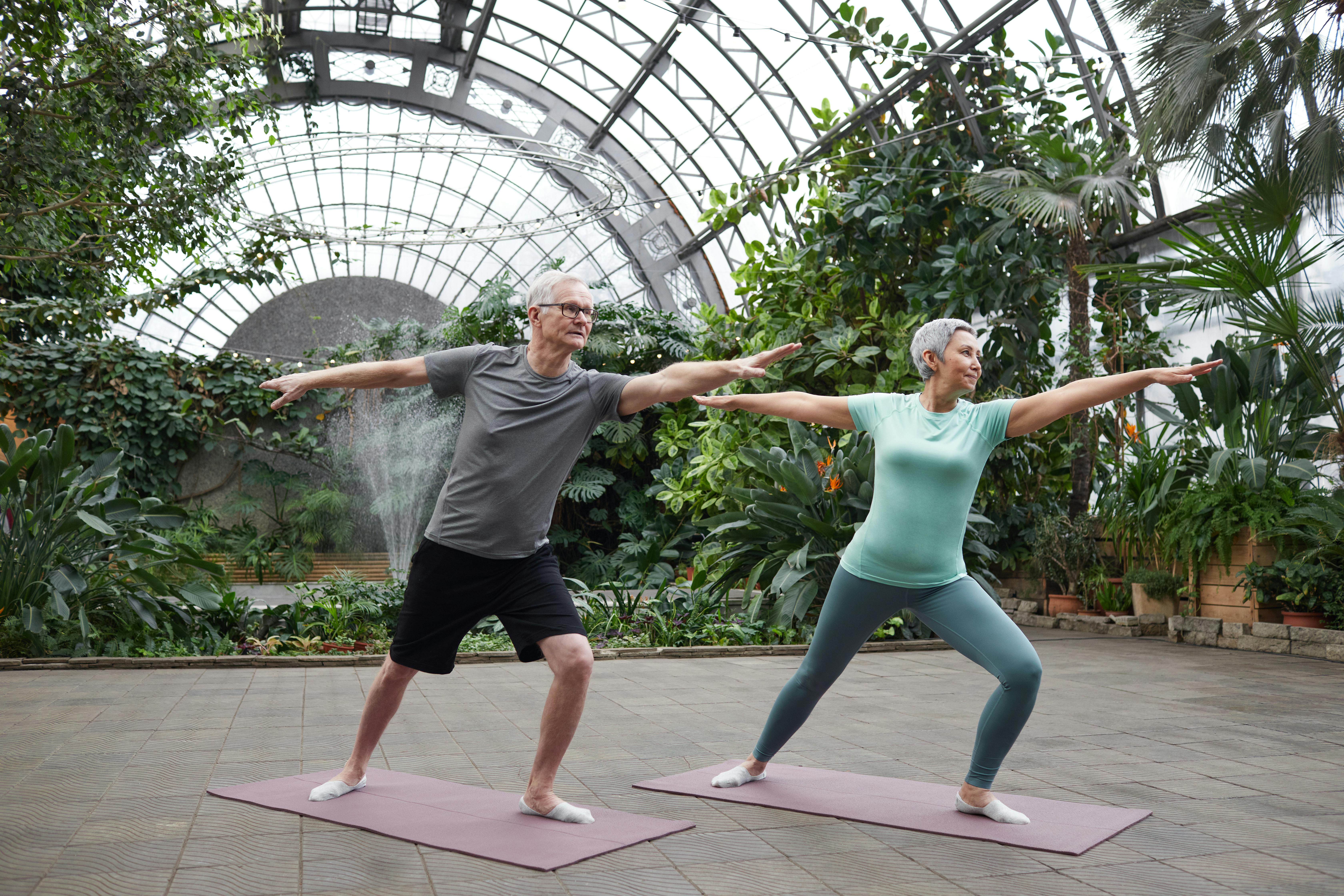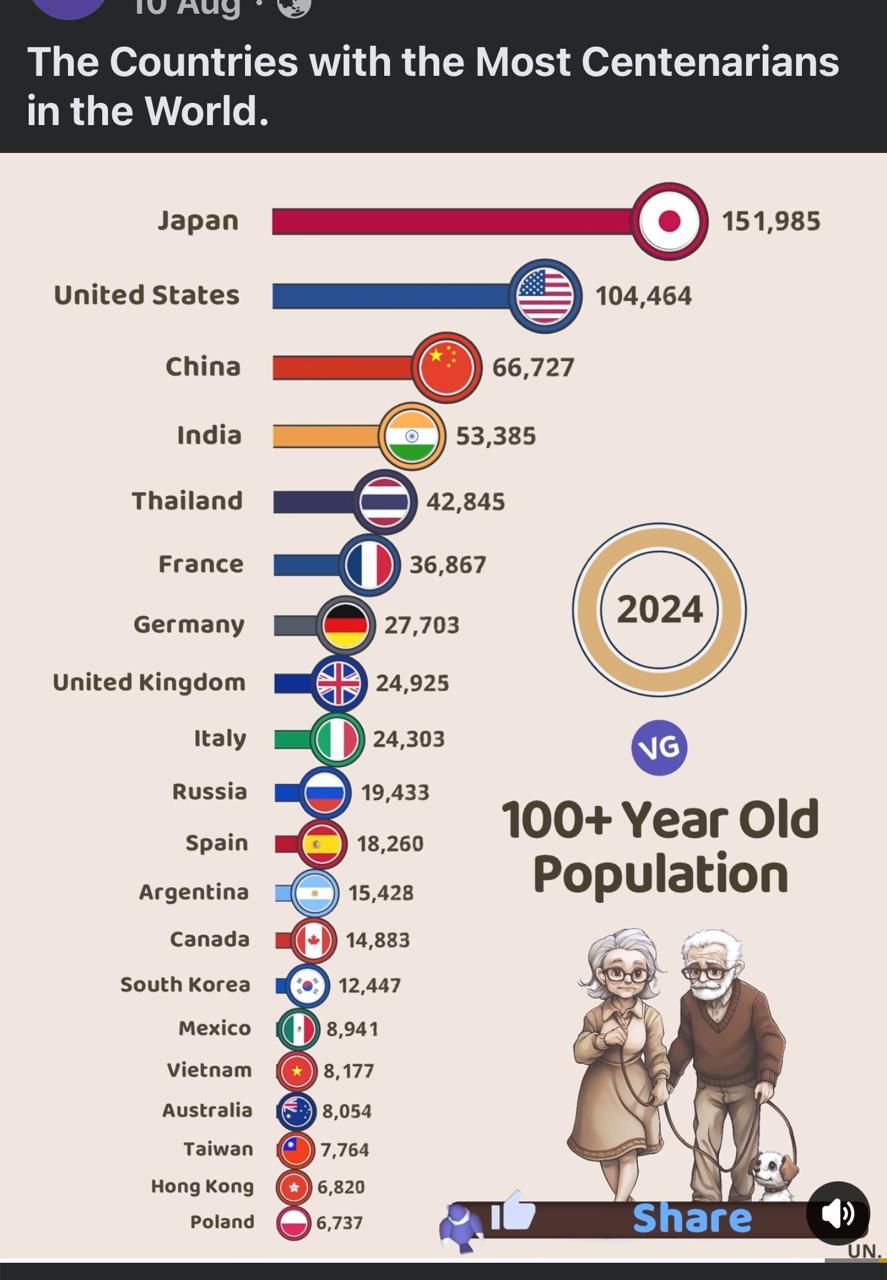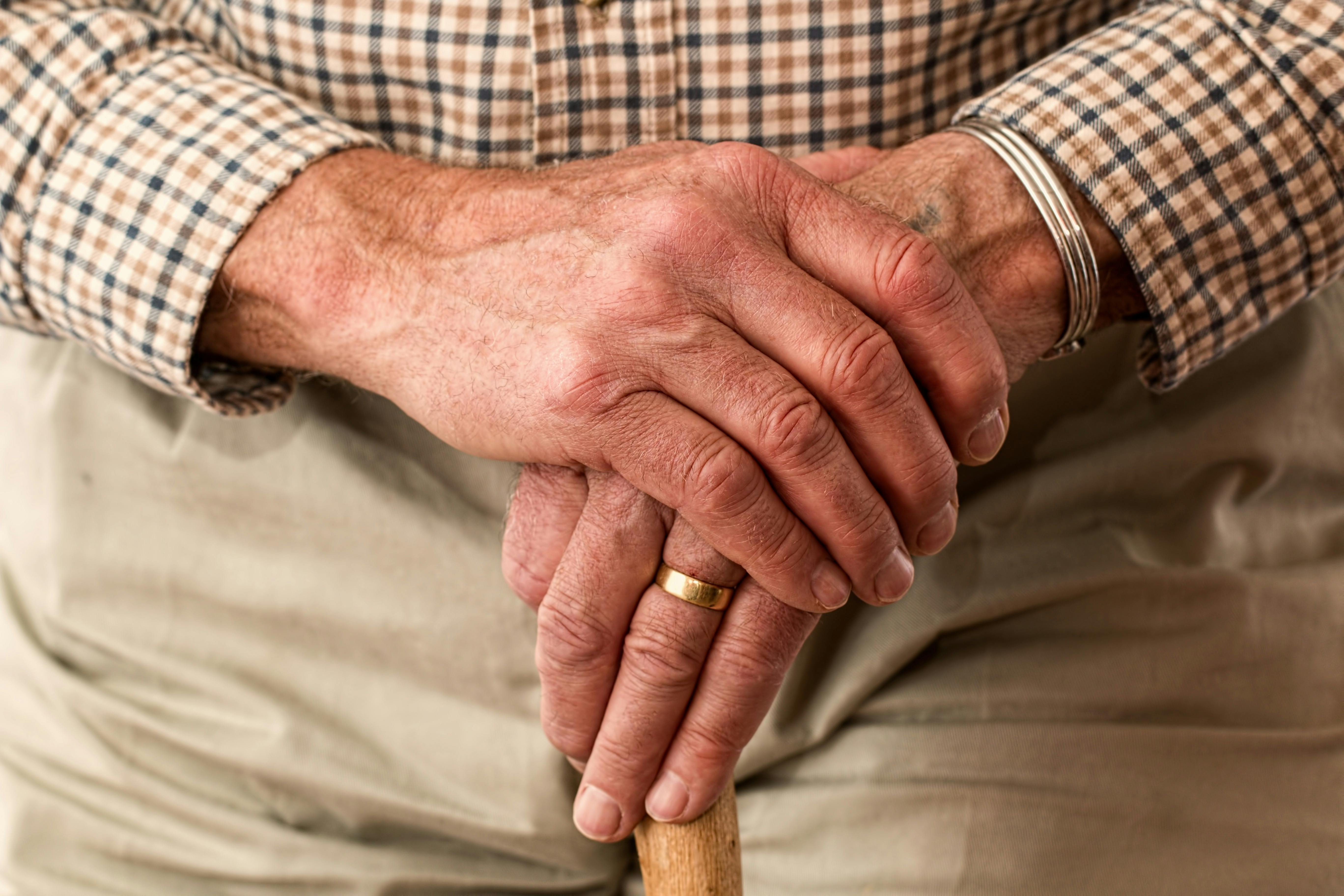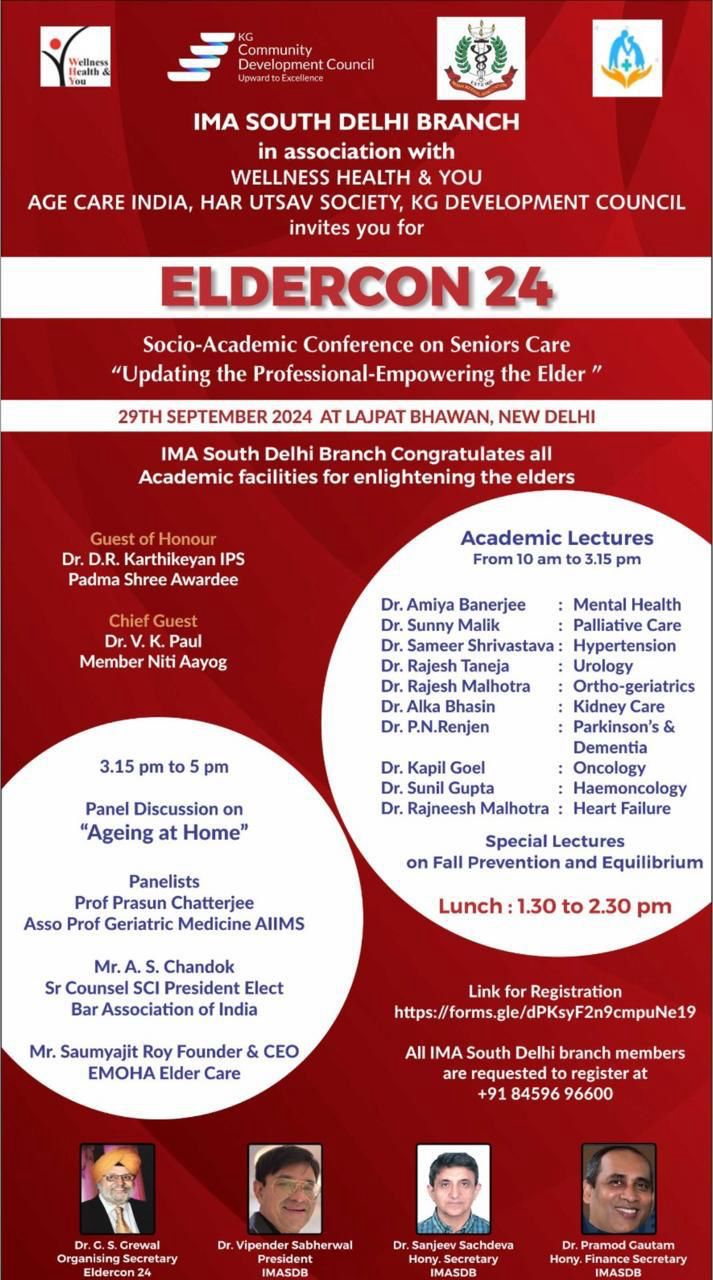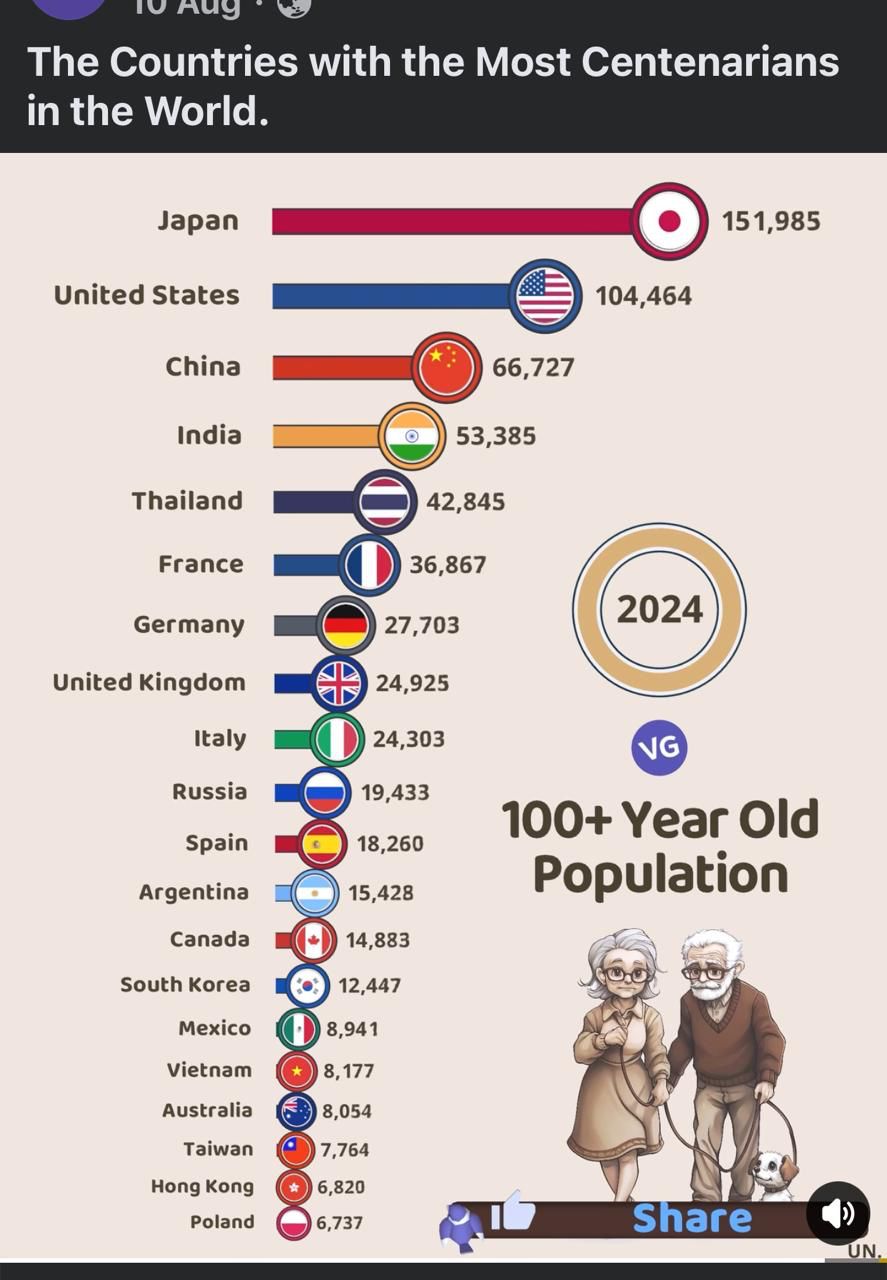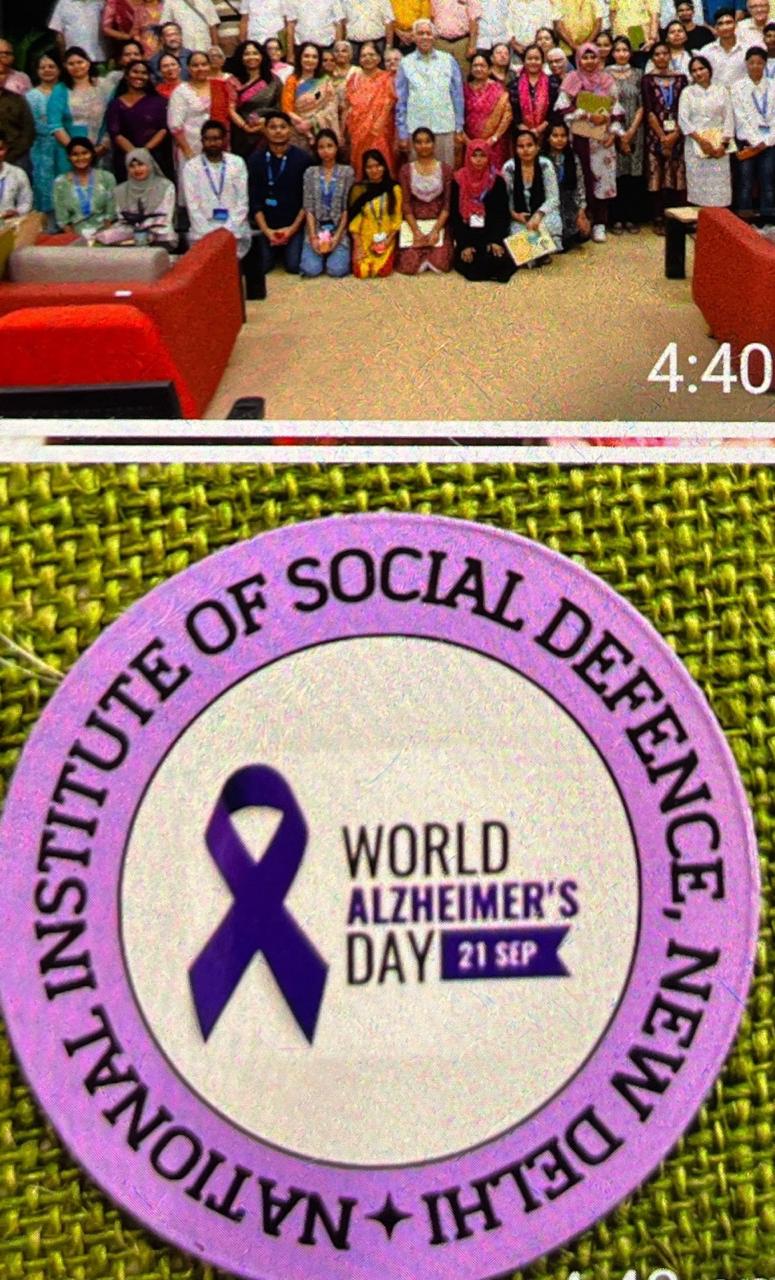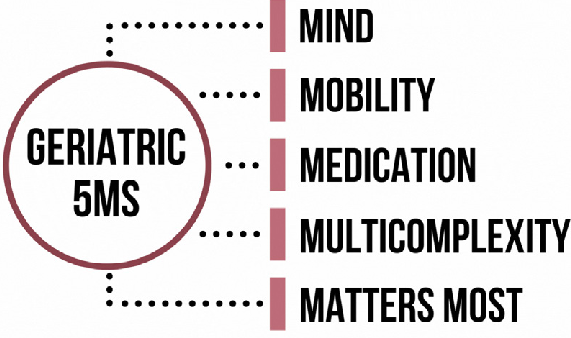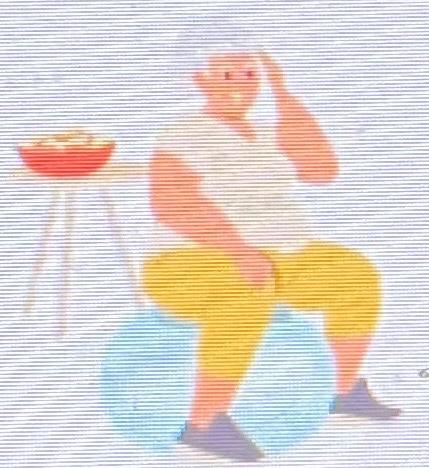HEALTHY AGEING STRATEGIES
HEALTHY AGEING STRATEGIES
(On the occasion of Third South Asian Aging Network Symposium)
Main theme of deliberations revolved around the persons who have been inflicted with cognitive impairment or physical frailty or both i.e. cognitive frailty. Complexities of cognitive frailty that were deliberated upon reflected many concerns about the broad umbrella of the field of aging itself and various approaches to healthy aging to combat the challenges of aging. One of the presentations from a medical group focussed on cognitive frailty among diabetic patients.
If I am to count 9 to 10 common disorders of old age, both slow creeping disorders like cognitive impairment and frailty will make up to this list. Alphabetically these would be A for Alzheimer's disease including cognitive impairment, B for Brain Stroke, C for Cancer, D for Diabetes, E for Essential Hypertension, F for Frailty, G for Geriatric Infections, H for Heart Disease and I for Injuries often resulting from falls. Of course, the list is by no means complete.
Do we bear the exorbitant cost and discomfort by continuing to treat all these age-related diseases including cognitive impairment and frailty or do we prevent them from happening in the first place by focussing at the aging itself which is often the root cause of these diseases. This can be done through what is called healthy aging, a panacea against most disorders of old age provided it is practised through the life course approach. However, it is never too late to begin; earlier it is begun, better it is. Here both the visible and invisible approaches of healthy aging were presented. Eating proper, exercising well, sleeping full, busting stress and avoiding tobacco and alcohol are the well-known visible steps of healthy aging and the same very steps when tailored specifically would be the basis of prevention and reversal of cognitive impairment as well as physical frailty. Invisible approaches to healthy aging are less discussed and include challenging the brain, engaging for social enrichment, having a right attitude towards aging and utilizing our sixth sense that is spirituality. These are briefly outlined below.
(i). It is not just that a healthy body begets a healthy brain. A healthy brain also begets a healthy body and hence the importance of keeping the brain active as much as keeping the body active. Challenging or stimulating the brain is therefore an important addition to the approaches of healthy aging. Cognitive frailty also responds favourably to brain stimulation. Accomplishing a new task like learning a musical instrument, Befriending grandchildren, Chess playing and other indoor gaming, Dominant and non-dominant both hands usage e.g. knitting, Exploring the internet, Fun with puzzles and crosswords, Gardening including planning a garden, Healthy humouring and jokes, Imbibing new language are some of the brain stimulating exercises.
It is interesting to know that there are some people in their 80s and 90s who have their cognitive skills comparable to those who are two to three decades younger. They are known as Super agers. Some of these individuals have excellent aerobic capacity also. These people have healthier neurones, excess of Von Economo neurones (which are related to our socioemotional behaviour), thicker anterior cingulate cortex and a lesser decline in their cortical volume being about 1% per year compared to about 2.2% in the Normal agers. Being under extensive scientific scrutiny, phenotype and genotype profile of Super agers may provide some day a therapeutic key to prevent cognitive decline among the Normal agers. Multiple factors have been propounded to explain Super-aging qualities e. g. greater physical activity in their mid-life, higher resilience, educational status, parental longevity and better understanding of the meaning of life. None of them however carries robust evidence. Legendary author Ruskin Bond, philanthropist Warren Buffet, Sandra Day O’ Connor, the first woman on the US Supreme Court, and the special Phil Horowitz, a 102 years old person who wrote a memoir from memory starting when he was 7 years old are the examples of Super agers. Among the Indians, Ram Jethmalani, a former lawyer who exercised and played badminton at the age of 94 was a super ager too.
(ii). A friend in need is a friend indeed is the well-known old adage. Blessed are those who have a strong social networking relationship, close bonds and friendships as they are the scientifically proved beneficiaries of healthy and active aging. Hormone, oxytocin often nicknamed as bonding hormone, love hormone, cuddle hormone, or trust hormone has been loosely associated with rich socializing behaviour. In the medical jargon benefits of socialising behaviour are equivalent to those of smoking sensation and obesity reduction.
(iii). Fatalistic attitude towards old age and aging is quite pervasive among older adults, families and societies particularly among the ignorant and uninformed segment of population. Staring at the brevity of remaining life, such people tend to connect every ill in their life to the aging process and therefore fail to access any social or health care resulting in poor quality of life devoid of healthy aging. Transformation of such an attitude through mass awareness and providing dignity to their life is an avenue for active and healthy aging. Although, the mention that 80% of aging is all about attitude while the remaining 20% is everything else seems an overstatement by some non-medical researchers, someone perhaps rightly said that aging is a matter of one’s mind; if you do not mind, it does not matter.
(iv). Last but not the least, an invisible approach to healthy aging is spirituality, a sense additional to the well-known five physical senses (sight, hearing, touch, smell and taste) and which I call as the sixth sense. Nothing physical about it and difficult to explain, it is this sixth sense through which we understand our surroundings, comprehend the World and even the Universe and perceive the meaning and purpose of life by utilizing the additional power of our non-physical structure that is our Mind. There are four levels through which man can be spiritually active namely, Intrapersonal, Interpersonal, Environmental and Transcendental and all these four routes impart significant and scientifically proved health benefits. Generally, decrease of stress hormone (cortisol) and inflammatory markers (CRP, interlukin-6) and increase of happy hormones (melatonin, endorphins) resulting in the improvement of immune, cardiovascular, neurological and endocrinal function are considered as some of the basis of many of the known health benefits imparted by spirituality. Others have reported a favourable increase in brain Gamma Amino Butyric Acid (GABA) which is useful for mental health.
Intrapersonal spirituality implies strengthening of ethical conduct and spiritual traits (like forgiveness, optimism, resilience, gratitude, introspection, veneration, empathy and countless others) by practising Ayurvedic principles, Pranayama, Yoga, Worship and Praying etc. Interpersonal level of spirituality means relating to others through forging compassionate linkages with them and practising altruism on the assumption that each man is sent here to help others. Role of oxytocin as the bonding hormone was already referred to above under social relationships. Although Environmental exposure to spirituality paradoxically implies usage of physical senses such as sighting colours, religious symbols and natural surroundings, hearing devotional discourses and bhajans or smelling the aroma and fragrance of incense sticks, some of these are perceived through non-cognitive pathways and are health friendly even for patients in advanced stages of dementia. The last level of practicing spirituality is Transcendental which means connecting the self with something beyond human e. g. Cosmic force, God or any contemplation method (like Meditation, Tai Chi, Zen or Qigong).
Dr. Vinod Kumar

_20240725123207.jpg)

